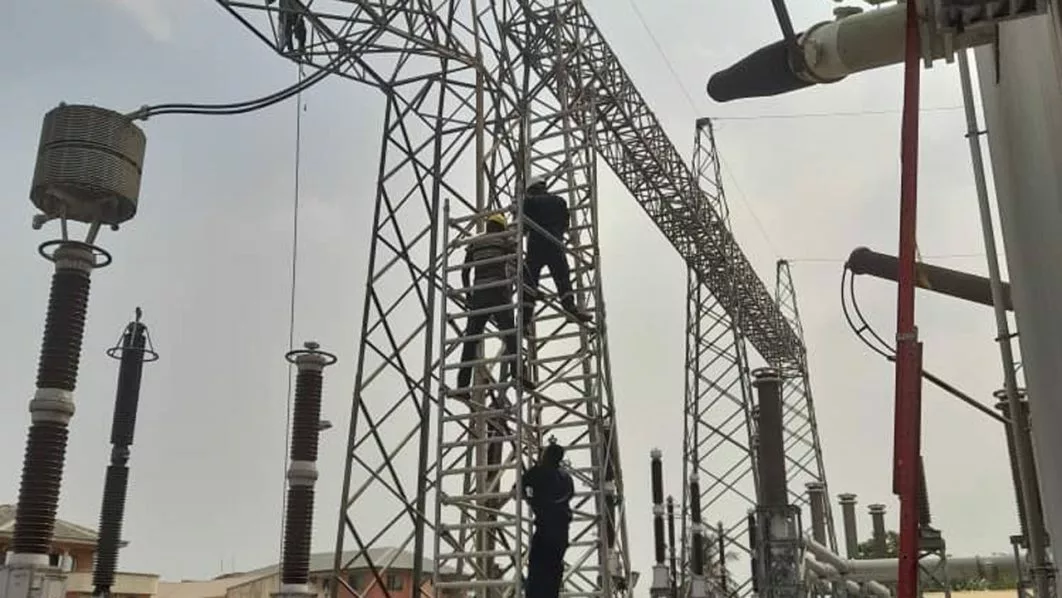Over the last few years, there has been a lot of blame shifting among the generating companies, the Transmission Company of Nigeria, and the distribution companies as to who is disrupting the flow of electricity to end users. Ultimately, the alibi is usually a lack of investment capital to expand because Nigerians pay very low tariffs for electricity.
That begs the question: are Nigerians really paying too little for electricity? Prior to the unbundling and privatization of the Power Holding Company of Nigeria to private investors, the electricity tariff in Nigeria was among the lowest in the world, at 4.3 cents (USD) per kilowatt hour. As of June in 2015, Nigerians were paying N12 per kilowatt hour. By 2019, that had increased to the charge of N32 per kilowatt hour, which was roughly 9 cents (USD) at the time. By global standards, before the devaluation of the naira in 2016, N12.00 was worth 17 cents. Seventeen cents per kilowatt hour of electricity was a little above the global average.
Granted, the value of the naira had fallen since then, the 2019 average tariff for electricity was N32.00. That is the equivalent of 9 cents per kilowatt hour of electricity, not nearly the lowest in the world.
According to Statista.com, a global statistics platform, as of 2021, the Danes and Germans pay the highest electricity tariff per kilowatt hour (kwh) globally at 39 and 34 cents respectively. That is followed by the UK (33 cents), Spain (32 cents), and Ireland (29 cents). In the middle are Israel, Poland, the USA, and Chile at 16 cents apiece. The UAE, Russia, China, and India pay an average of 8 cents per kilowatt hour of electricity.
Early in 2022, the Nigerian Electricity Regulatory Commission (NERC) approved an increase in the price of electricity for Nigerians. According to that approval, Band A customers who paid N56.16/kWh in January 2022 now (February to December 2022) pay N60.67/kWh), which is what most customers pay.
Also, Band B customers who paid N56.64/kWh in January 2022 now pay N59.64/kWh.
It added that E-MD2 customers who paid N50.72/kWh in January 2022 now (From February 2022) pay N54.22/kWh.
N60 converted to US dollars is approximately 14 cents. It is noteworthy that the global average for electricity tariff is 14.4 cents. The implication is that Nigerians pay just the global average for electricity.
In terms of purchasing power parity, N32.00 was worth about 15 cents in 2019, which may imply that what Nigerians were paying at the time was just around the lower middle of the global tariff pyramid. As of date, N60 is worth 38 cents in terms of purchasing power parity, based on conversion by coinbase, a cryptocurrency establishment. Americans paid 13 cents per kilowatt hour then. Argentines pay 1 cent. The above comparison is limited to customers that are metered.
What about unmetered customers? The charge on them may be described as a black hole in the name of estimated billing. It is pertinent to note that more than 6 million households, more almost 60 percent of electricity consumers in Nigeria are not metered. Hence the distribution companies charge whatever they please, in most cases, far more than what is charged in Denmark which currently pays 39 cents per kilowatt hour of electricity.
According to the definition of the NERC, estimated billing is when a meter fails to read and the customer is billed based on a history of consumption. That is a far cry from the practice of the DisCos, who simply earmark what they want from an area and distribute figures to Nigeria’s almost 60 percent unmetered consumers. So there are countless instances where there are two apartments situated side by side, consuming roughly the same quantum of electricity, and the metered customer pays N3,000 per month, whereas the unmetered customer pays N20,000 per month, whether there is power or not. In essence, Nigeria’s almost 6 million unmetered electricity consumers may in real terms be paying about the highest tariff in the world.
In an interview with the former chairperson of the Nigeria Electricity Regulatory Commission, Dr. Sam Amadi, he acknowledged that the Nigerian consumer may not be paying cost-effective tariffs but what they are paying unofficially is much more than what they are paying officially because of the high incidence of unmetered customers.
Realistically, if the equalizing effects are pulled, Nigerians may be paying well above average by global standards for electricity.
In the real sense of it, Nigerians do not pay as low for electricity as is being portrayed by policymakers, operators, and investors in the electricity value chain of Nigeria.





